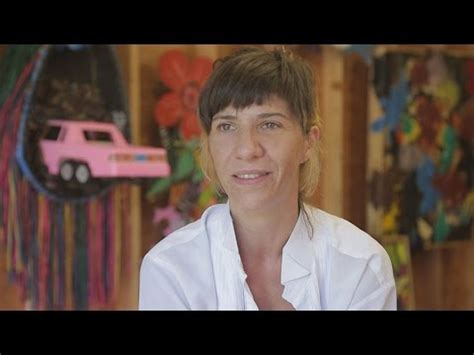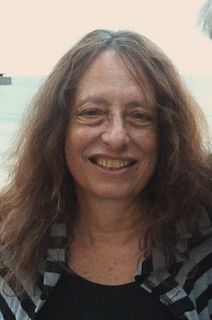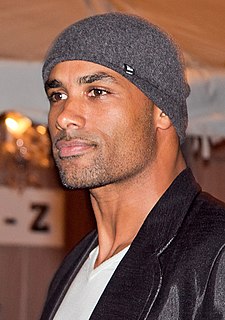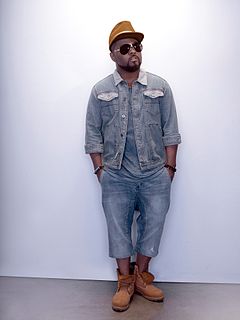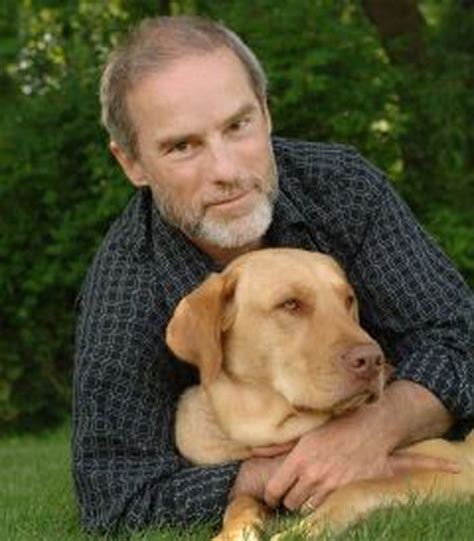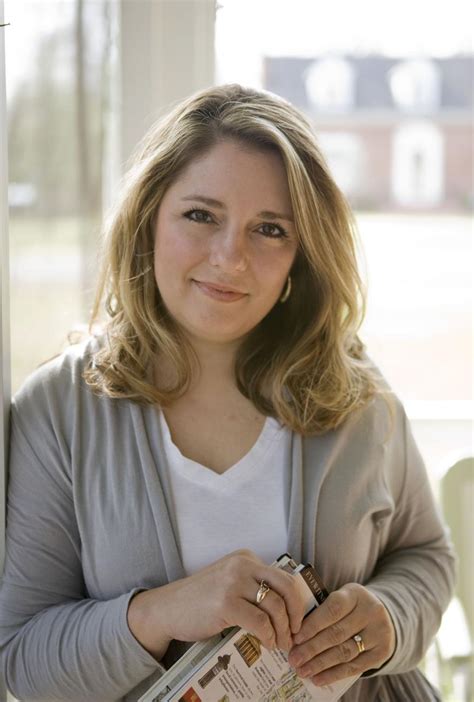A Quote by Angelina Jolie
I felt I should have been taught about the landmine problem. It made me suddenly realize certain things about the world and how much I had to learn, like the history of the people.
Related Quotes
My books serve as archives of thoughts and emotions, like a tonal history that captures how I felt at a certain time of my life. It's not very informational. You're not going to get comprehensive knowledge about the Han dynasty of China or about India's Emergency. But you might learn how one person felt about the Los Angeles Olympics.
I had to make a decision about whether it would impact how I felt about trusting people, and I decided I wasn't going top allow it to impact my outlook on trust, because I believe trust is a choice. And I've always given people the benefit of the doubt until they prove me otherwise. So, it just made me stronger in my conviction about that, but it also taught me never to put anything past anyone.
A person can learn a lot from a dog, even a loopy one like ours. Marley taught me about living each day with unbridled exuberance and joy, about seizing the moment and following your heart. He taught me to appreciate the simple things-a walk in the woods, a fresh snowfall, a nap in a shaft of winter sunlight. And as he grew old and achy, he taught me about optimism in the face of adversity. Mostly, he taught me about friendship and selflessness and, above all else, unwavering loyalty.
I'd read an enormous amount but had spent so much time in my own head that I didn't have extensive social skills. Suddenly I was in this world where I was surrounded by these incredibly polished and wealthy kids who had gone to prep schools, and I felt daunted by them. I don't think people were aware of how full of anxiety I was... For a long time I felt like I was living in a place where I shouldn't have been.
I should’ve been furious, but for some reason I wasn’t. Maybe because I knew he was telling the truth. Maybe because Voron left me just like that, without the much-needed explanations. Maybe because things I had learned about him since his death had made me doubt everything he’d ever said to me. Whatever the case, I felt only a hollow, crushing sadness. How touching. I understood my adoptive father’s killer. Maybe after this was over, Hugh’s head and I could sing “Kumbaya” together by the fire.
With all the movies I've made about history, it's not really fun because you're trying to get it right. You've got history telling how it was, and then my imagination is telling me how I wish it had been, but I can't go there, so I have to censor myself. I'm very good about stopping myself from creating history that never occurred, but it's frustrating.
He was a boy, just a boy, when I was a very young girl. When I was sixteen, I made the discovery - love. All at once and much, much too completely. It was like you suddenly turned a blinding on something that had always been half in shadow, that's how it struck the world for me. But I was unlucky. Deluded.
When I was thinking about all the things that the world had forgotten, it made me think about people who have actually really forgotten everything, and how much of our identity is wrapped up in those memories, and how much of our experience makes us who we are, and remembering those experiences makes us who we are.
From a very young age, my parents taught me the most important lesson of my whole life: They taught me how to listen. They taught me how to listen to everybody before I made up my own mind. When you listen, you learn. You absorb like a sponge - and your life becomes so much better than when you are just trying to be listened to all the time.
I believe everything is autobiographical. If it's not strictly about you, it's your peers, your obsessions, things that make you angry, or things that you've been watching or obsessing about. Preoccupying you for reasons you don't necessarily know, but it's about you. It says a lot about you. It's like when someone tells you their dream and you sit there going, "Do you realize how much you're revealing about yourself right now?" It's kind of embarrassing.


